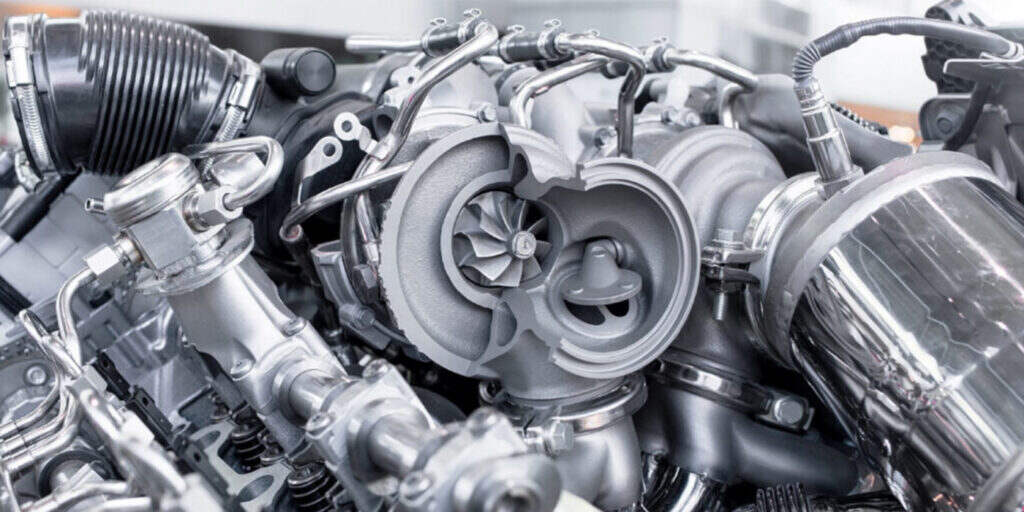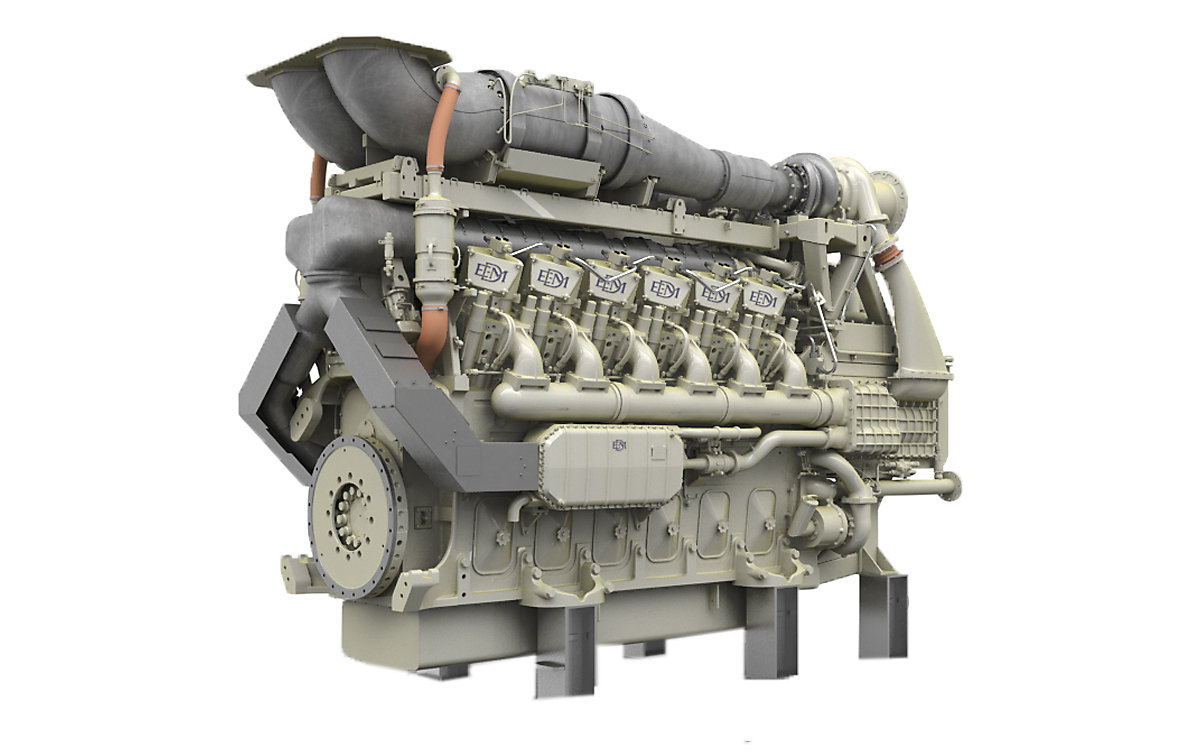Engines for Africa Available Currently! Visit Our Trusted Auto Parts Shop
Engines for Africa Available Currently! Visit Our Trusted Auto Parts Shop
Blog Article
The Quest for Ultimate Driving Power: Investigating the Peak of Engine Efficiency and Technological Developments in the Automotive Sector
In the realm of automobile design, the search of optimum driving power has actually been a ruthless mission that has actually unravelled via the evolution of engine design and the integration of cutting-edge innovations. From the careful craftsmanship of combustion engines to the fast improvements in electric propulsion systems, the automobile market stands at the cusp of a brand-new age defined by unmatched performance capabilities.
Evolution of Engine Design

Moreover, the integration of turbocharging and supercharging modern technologies has reinvented engine design by boosting power without dramatically raising engine size. These forced induction systems compress the intake air, enabling more gas to be ignited, thereby producing better power result from a smaller engine. This advancement has been especially crucial in boosting the efficiency of smaller sized variation engines while maintaining fuel effectiveness requirements.

Performance-Enhancing Fuel Technologies
The application of sophisticated gas technologies has significantly added to boosting engine efficiency in modern-day cars. From conventional gasoline and diesel to innovative biofuels, synthetic gas, and hydrogen, the automotive market is seeing a change in fuel options. Biofuels, derived from renewable resources like sugarcane, corn, or algae, deal minimized discharges and improved engine effectiveness. Synthetic gas, created through chemical processes, give high octane scores, improving power result. Hydrogen fuel cells, although still in the early phases of adoption, reveal great pledge because of their zero-emission nature and potential for high efficiency. Additionally, gas additives and cleaning agents are being developed to clean engine elements, optimize burning, and reduce rubbing, thus increasing total car efficiency. With continuous research and advancement, the quest for the best driving power continues, as engineers strive to open the complete capacity of performance-enhancing fuel technologies in the auto market.
Innovations in Electric Propulsion
Significant strides in electric propulsion technology have actually changed the automotive industry, leading the way for a new age of reliable and lasting transport. Electric lorries (EVs) are gaining popularity due to their environmental benefits and developments in battery technology, enabling longer driving ranges and shorter charging times. Manufacturers are investing greatly in r & d to enhance the performance of electric propulsion systems, concentrating on raising power result, boosting power performance, and lowering total weight.
One noteworthy breakthrough in electrical propulsion is the growth of sophisticated electric motors that supply greater torque and power thickness, leading to improved velocity and general driving performance. Additionally, regenerative stopping systems have actually been fine-tuned to capture and save power throughout deceleration, further boosting the effectiveness of EVs.
Moreover, the assimilation of smart innovations, such as artificial knowledge and anticipating analytics, is optimizing the monitoring of electric propulsion systems, guaranteeing ideal performance under numerous driving conditions. These advancements in electric propulsion are improving the vehicle landscape, driving the industry in the direction of a more lasting and electrified future.
Influence of Computational Fluid Characteristics
With advancements in electrical propulsion pushing the borders of automotive modern technology, the integration of Computational Liquid Dynamics is playing a crucial role in enhancing aerodynamic performance and boosting overall performance in automobile layout. Computational Liquid Characteristics (CFD) involves the use of computer system simulations to evaluate the circulation of air around a lorry, allowing designers to forecast exactly how design modifications will certainly affect aerodynamics without the demand for pricey physical prototypes. By precisely modeling air flow patterns, CFD enables the refinement of car shapes to minimize drag, boost cooling, and enhance stability.
CFD allows engineers to optimize air movement around elements such as radiators, engine bays, and wheel wells, contributing to boosted efficiency and general driving experience. In final thought, the assimilation of Computational Fluid Characteristics stands for a significant action ahead in the quest for ultimate driving power and performance in the vehicle industry.
Future Fads in Engine Technology
In the vibrant landscape of vehicle design, innovative improvements are forming the future trajectory of engine development. The future of engine style over at this website is noted by a strong focus on sustainability, effectiveness, and performance. Suppliers are progressively concentrating on establishing engines that not only provide high power results but additionally prioritize ecological responsibility by lowering emissions and boosting fuel performance.
One popular pattern in engine advancement is the surge of electrification. Hybrid and electric visit homepage powertrains are obtaining traction as practical choices to conventional burning engines. These technologies provide the possibility for substantial reductions in carbon emissions and boosted power efficiency, lining up with international initiatives to combat climate modification.
In addition, improvements in products scientific research and manufacturing strategies are enabling the production of lighter and a lot more long lasting engine parts. This change towards lightweight materials such as carbon fiber and light weight aluminum alloys adds to boosted performance and gas economic climate.
Final Thought
To conclude, the pursuit of supreme driving power in the vehicle market remains to drive innovations in engine layout, gas modern technologies, electrical propulsion, and computational liquid characteristics. The advancement of these modern technologies is forming the future of engine advancement, paving the way for more effective and reliable lorries (engines for africa). As the industry continues to push the boundaries of what is feasible, we can anticipate to see much more revolutionary growths in the pursuit for peak efficiency
One of the crucial turning points in engine design advancement is the change from typical carbureted engines to modern fuel-injected systems. By precisely metering the gas shipment to each cylinder, fuel-injected engines maximize burning, resulting in much better performance and reduced ecological effect.
Additionally, the integration of turbocharging and turbo charging technologies has actually reinvented engine design by enhancing power without dramatically boosting engine size (engines for africa).The implementation of innovative fuel technologies has actually considerably added to improving engine efficiency in modern lorries. Furthermore, gas additives and cleaning agents are being developed to clean engine components, enhance combustion, and check over here minimize friction, consequently boosting general lorry performance
Report this page